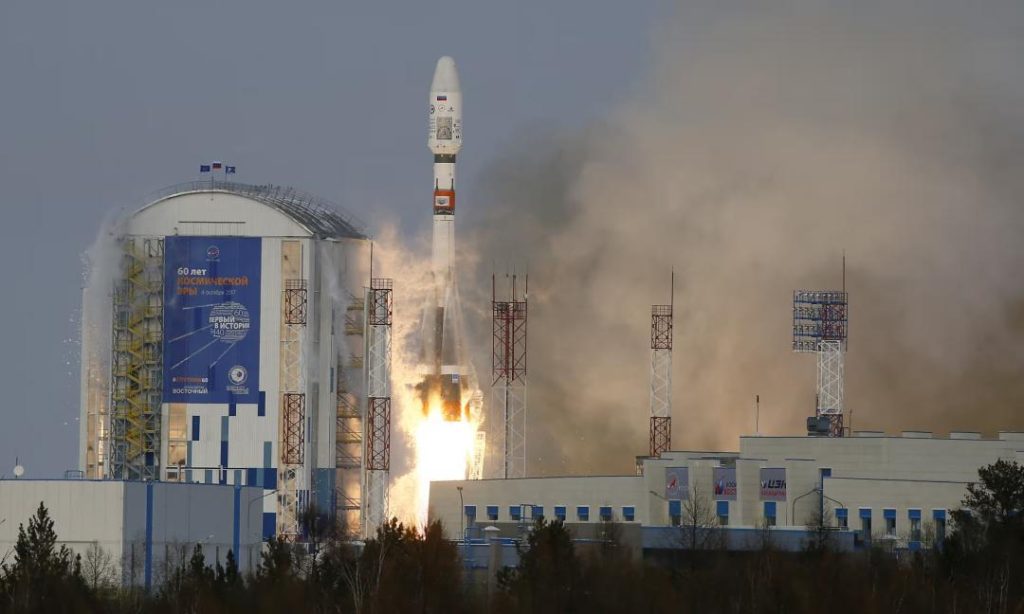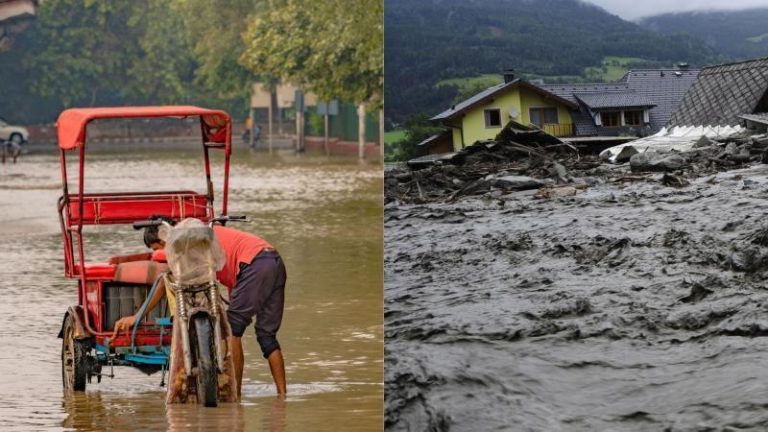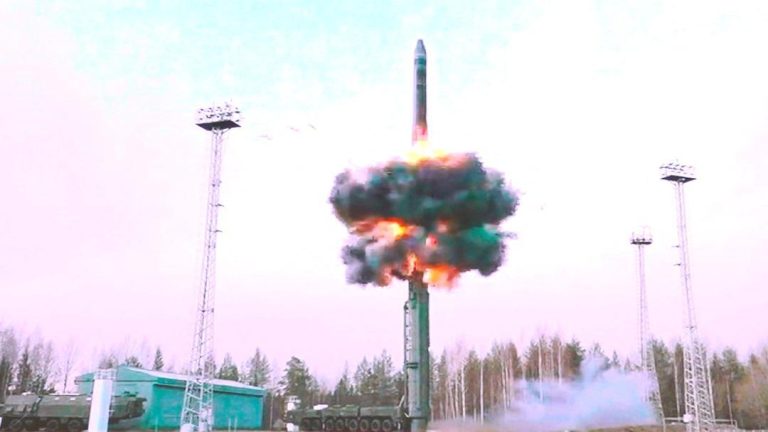
Secretive Russian Satellite Spinning Out of Control: US Analysts
The secretive Russian satellite Cosmos 2553, which US officials believe is linked to a nuclear anti-satellite weapon program, appears to be spinning uncontrollably, US analysts said. The satellite, which has been in a relatively isolated orbit some 2,000 kilometers above Earth, has raised concerns among experts and policymakers alike.
According to a report by a US-based think tank, the satellite’s erratic behavior is a clear indication that it is no longer operational. The think tank, which specializes in tracking satellite activity and monitoring space-related news, stated that the satellite’s “unusual spin rate and lack of any discernible orbital control” suggest that it has lost its ability to function as intended.
The Cosmos 2553 satellite was launched by Russia in 2020, and since then, it has been shrouded in secrecy. The Russian government has refused to provide any information about the satellite’s purpose or capabilities, leading many to speculate that it is part of a nuclear anti-satellite weapon program.
The US government has also expressed concerns about the satellite, with officials stating that its presence in orbit is a threat to national security. In a statement, a US government spokesperson said, “The United States is closely monitoring the situation and will take all necessary steps to protect its interests in space.”
The news of the satellite’s apparent malfunction has sent shockwaves through the international community, with many experts calling for greater transparency and cooperation in the field of space exploration.
“This satellite is a clear example of the risks and challenges posed by space debris and the need for international cooperation to mitigate these risks,” said Dr. Maria Rodriguez, a leading expert on space law and policy. “We must work together to prevent the proliferation of space debris and ensure that our activities in space are safe and responsible.”
The Cosmos 2553 satellite is not the only Russian satellite to raise concerns in recent years. In 2020, Russia launched a series of satellites that were believed to be part of a new generation of nuclear-capable satellites. The satellites, which were launched under the guise of “experimental” satellites, sparked concerns that Russia was developing new nuclear weapons capable of targeting enemy satellites in orbit.
The US government has also accused Russia of engaging in anti-satellite missile testing, which has raised concerns about the potential for space debris and the destabilization of the global space environment.
In response to the concerns, Russia has denied any wrongdoing, stating that its satellite launches are purely for peaceful purposes. However, many experts remain skeptical, citing the country’s history of secrecy and aggressive behavior in space.
The incident has also raised questions about the effectiveness of international agreements aimed at preventing the proliferation of space debris and ensuring responsible behavior in space.
“The international community must take immediate action to address the growing threat of space debris and ensure that our activities in space are safe and responsible,” said Dr. Rodriguez. “We cannot afford to wait until it is too late.”
In conclusion, the apparent malfunction of the secretive Russian satellite Cosmos 2553 is a clear indication that the satellite is no longer operational. The incident highlights the risks and challenges posed by space debris and the need for international cooperation to mitigate these risks.
As the international community continues to navigate the complexities of space exploration, it is essential that we prioritize transparency, cooperation, and responsible behavior in space. The stakes are high, and the consequences of complacency could be catastrophic.






